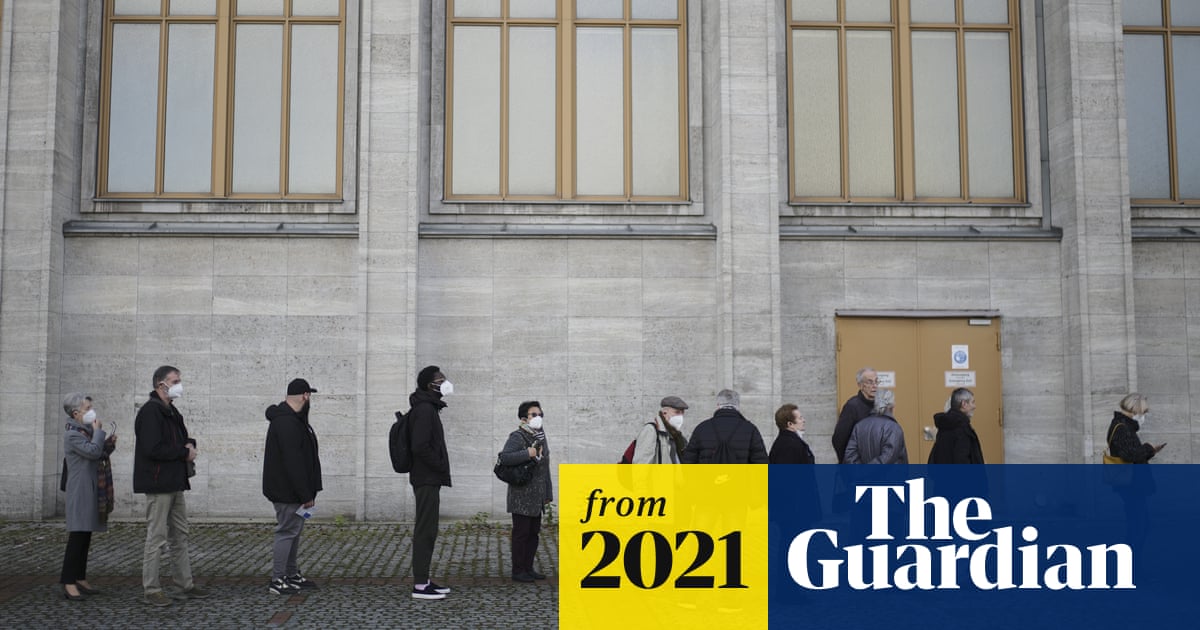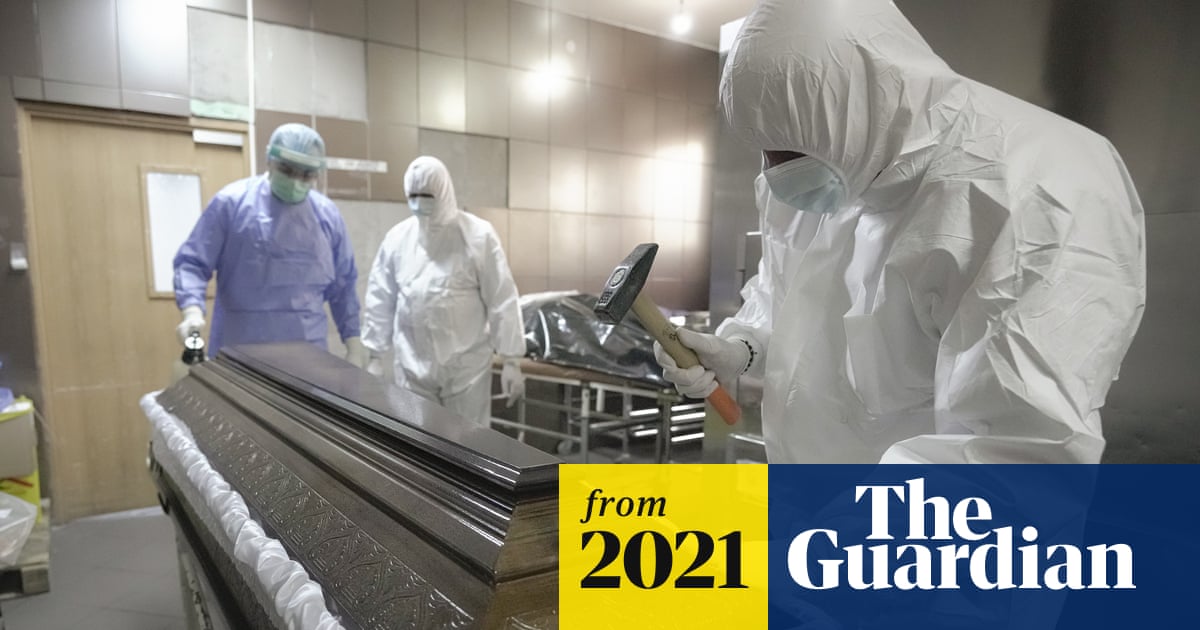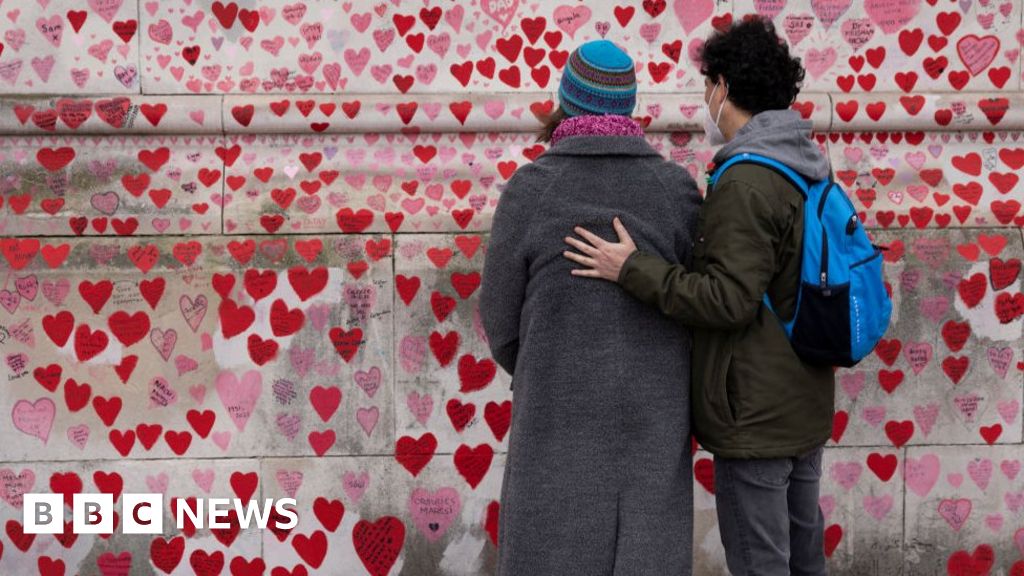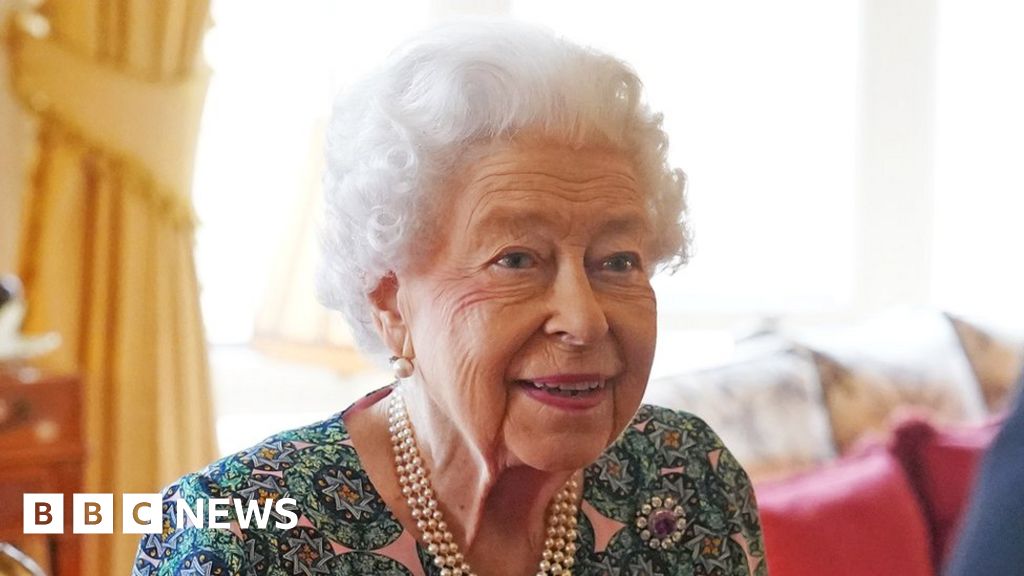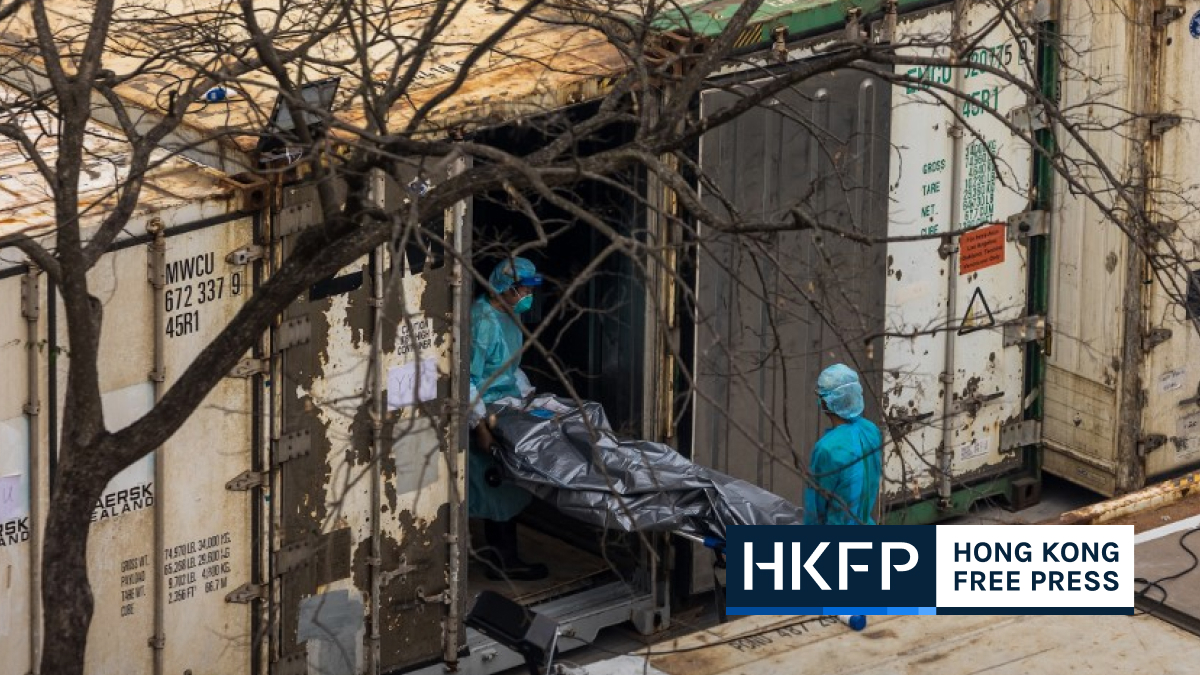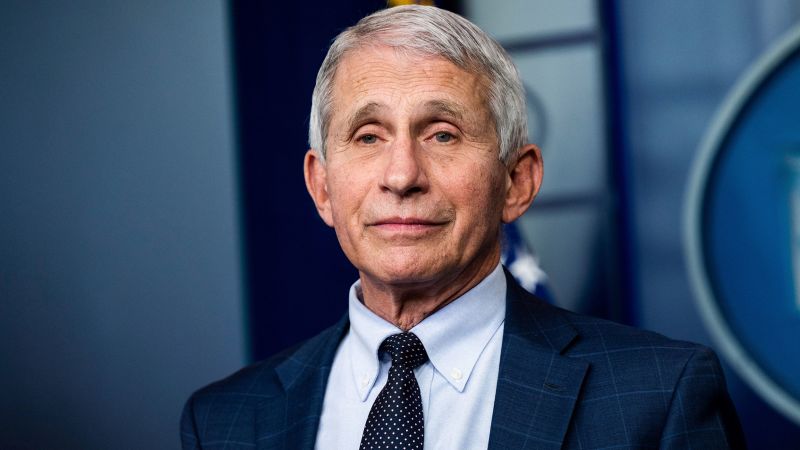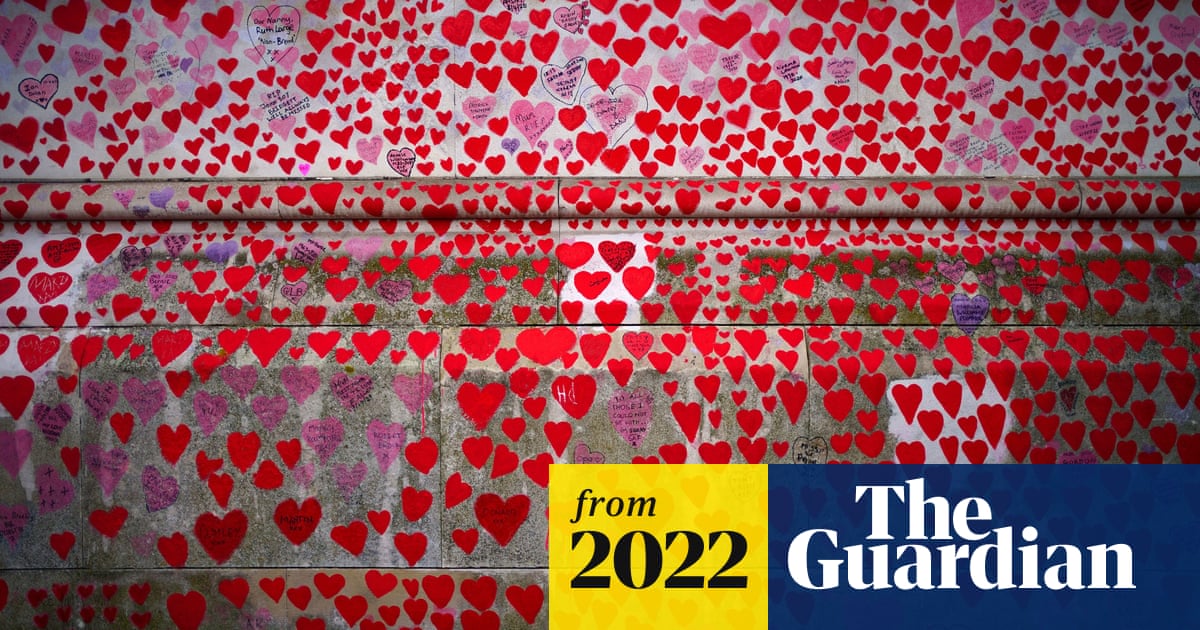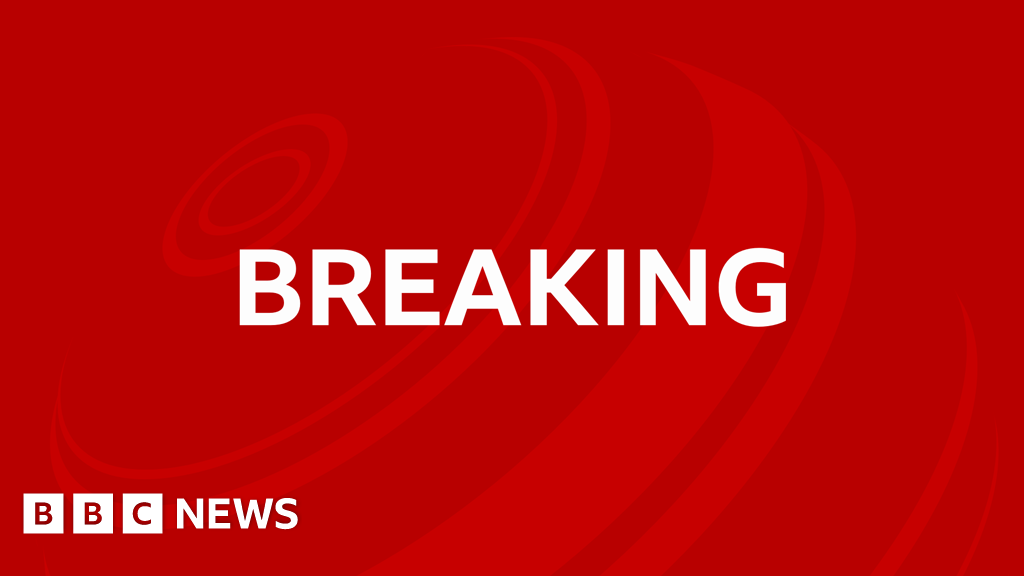- Joined
- Oct 7, 2008
- Messages
- 61,340
- Location
- Bulgaria
Covid-19 deaths pass five million worldwide

More than five million people are known to have died of Covid-19 worldwide, 19 months since the pandemic began, according to Johns Hopkins University.
Vaccines have slowed the death rate, but some health experts say the true toll could be far higher.
The milestone comes amid warnings from health officials that cases and deaths in some places are rising for the first time in months.
Nearly 250 million cases of the virus have been recorded worldwide.
The World Health Organization (WHO) estimates the pandemic's real global death toll could be two to three times higher than official records.
In the US, more than 745,800 people have died, making it the country with the highest number of recorded deaths.
It is followed by Brazil, with 607,824 recorded deaths, and India, with 458,437. But health experts believe these numbers are under reported, partly because of deaths at home and those in rural communities.


